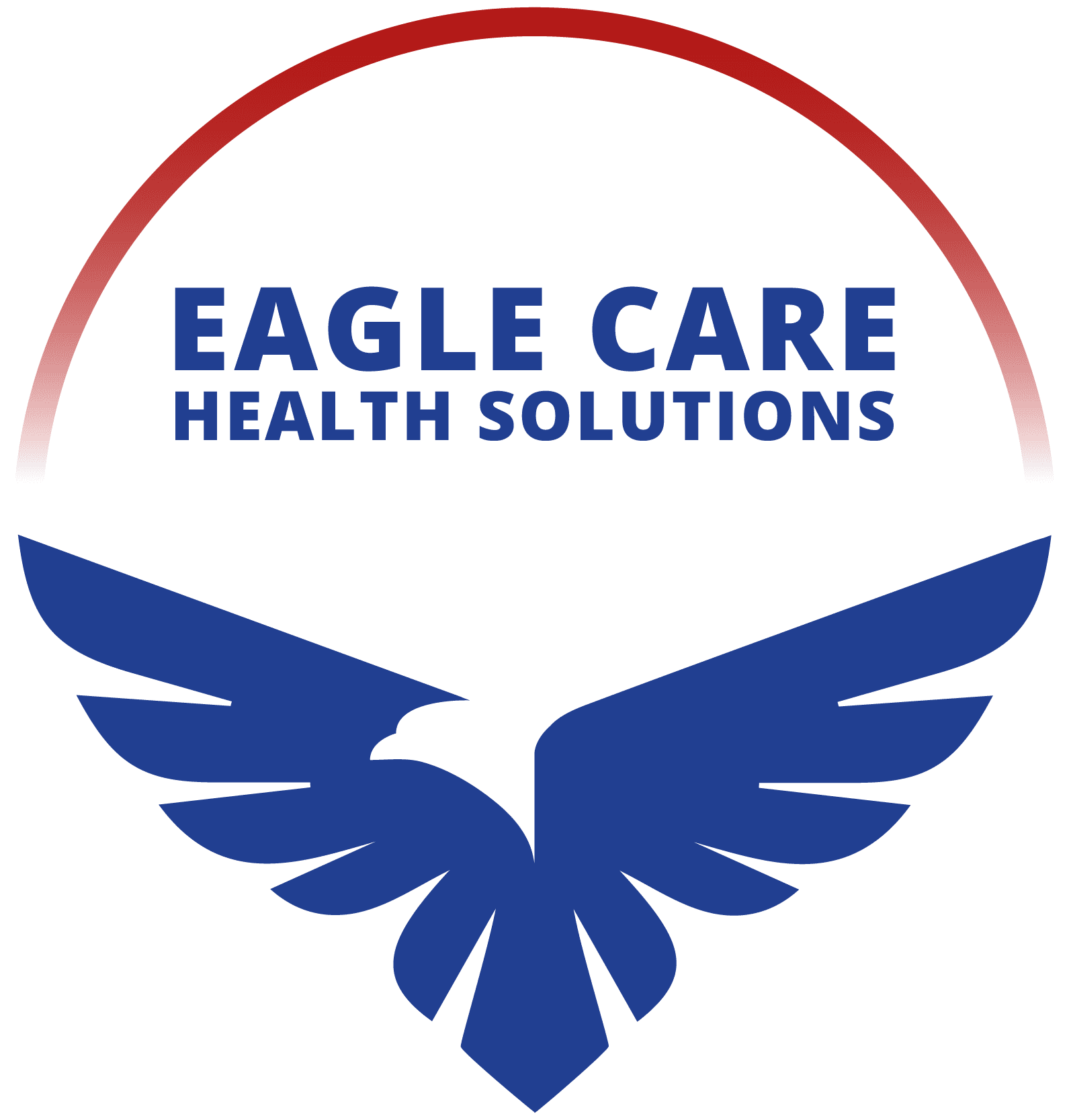You’re gasping for air.
But it’s not coming.
Your body is shutting down. Maybe it’s a drug overdose. Maybe it’s a sudden respiratory failure. In those crucial moments, what if a simple device could bring your breath — and your life — back?
That’s not science fiction.
It’s a reality that Joseph Nounou, an anesthesiologist-turned-pharmaceutical-entrepreneur, is making possible with a groundbreaking invention: an emergency auto-injector pen that can kickstart breathing in a wide range of life-threatening situations.
What drives someone to leave a successful career in anesthesia to pursue such an uphill battle? For Joe, it’s more than just science. It’s a calling.
“Every time I thought I hit a stumbling block, God came through,” Joe shared. Whether it was a random meeting with the right person or a breakthrough in the lab, Joe felt guided every step of the way.
This isn’t just a business venture. It’s a mission to answer a need that’s devastating families and communities across the country.
Recently, Joe sat down with Harlon Pickett on the Health & Wealth Power Hour to share his journey, the challenges he’s faced, and the impact this device could have on thousands of lives.
The Problem with Current Emergency Treatments
For years, the standard emergency treatment for opioid overdoses has been Narcan (naloxone). Narcan is a lifesaver, but it’s not perfect. Here’s why:
- It’s Limited to Opioids: Narcan only reverses opioid overdoses. But today’s drug crisis involves a cocktail of substances, including tranquilizers and veterinary anesthetics like xylazine. Narcan is powerless against these.
- It’s Sluggish in Severe Cases: Fentanyl overdoses, which are increasing every year, often require multiple doses of Narcan. By the time it works, the brain may have already suffered irreversible damage from lack of oxygen.
- It Can Cause Chaos: When Narcan works, it jolts the person into acute withdrawal. They wake up disoriented, in pain, and often combative — making it difficult for first responders to provide further care.
In 2023 alone, the U.S. lost over 100,000 people to drug overdoses.
That’s more than 300 deaths a day.
Joe saw these limitations firsthand and knew there had to be a better way.
A Pen That Saves Lives (Without the Fight)
Joe’s invention is a reformulated version of a safe, FDA-approved medication that’s been used in anesthesia since the 1960s. Packaged in an auto-injector pen (similar to an EpiPen), it works differently from Narcan:
- It Triggers Natural Breathing: Instead of reversing the effects of opioids, this medication stimulates the body’s natural breathing circuits.
- It Works Fast: In about 90 seconds, the person starts breathing on their own — safely and smoothly.
- No Combative Wake-Ups: The person stays asleep but breathes normally, allowing first responders to administer care without chaos.
This pen isn’t just for opioid overdoses. It could save lives in cases of drowning, cardiac arrest, or severe COPD exacerbations — any situation where someone’s breathing has stopped.
The Roadblocks: Innovation in a Broken System
Creating a lifesaving device isn’t easy, especially in the pharmaceutical world. Joe’s journey has been filled with challenges, many of which stem from the complexity and inefficiency of the U.S. healthcare system:
- Regulatory Delays: Getting approval for animal testing alone took over a year due to bureaucracy. During that time, 150,000 people died from overdoses.
- Cost Barriers: Developing and testing a new medication is incredibly expensive. Joe estimates his first human trials will cost over $1 million.
- Healthcare Inefficiencies: Joe points out that hospitals are burdened with administrative costs and unnecessary metrics that inflate prices and complicate care.
Yet, Joe remains committed to keeping his device affordable and accessible. Unlike big pharmaceutical companies driven by shareholder profits, Joe’s mission is simple: save lives.
Why This Matters to You
You might be thinking, “I’m not a first responder. Why should this matter to me?”
Because we’re all connected. You may know someone struggling with addiction, or someone who’s one emergency away from needing this device. The opioid crisis, drowning accidents, and sudden respiratory failures can affect anyone.
Joe’s invention is a reminder that innovation, driven by compassion and purpose, can make a difference. It’s proof that sometimes, the best way to change the system is to step outside of it and forge a new path.
Joe’s company, Auros Pharma, is on track to begin human trials by the end of 2025. But getting there will require awareness, support, and collaboration.
Visit AurosPharma.com to learn more, follow their journey, and find out how you can help spread the word.
Together, we can give more people a second chance at life.
Visit hwpowerhour.com to subscribe to the podcast and not miss out on any of our future episodes. Thank you for reading!
